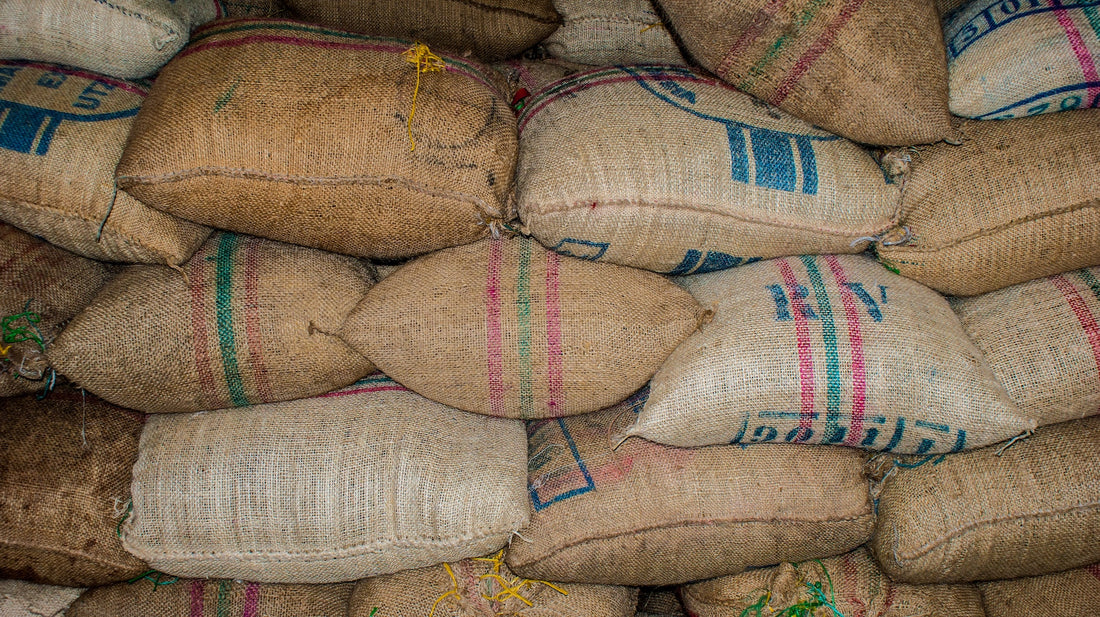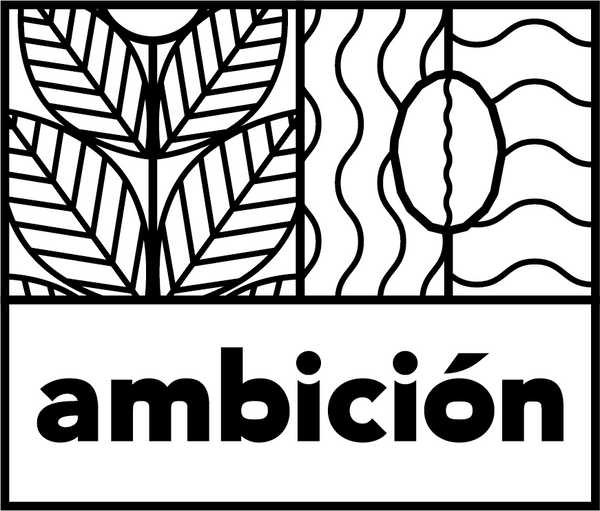
Exploring the Art of Coffee Fermentation: Accentuating Flavor Profiles at the Best Coffee Farms
In the pursuit of making exceptional coffee, the world's best coffee farms have embarked on a journey of experimentation, pushing the boundaries of traditional processing methods. One particular technique that has received attention is fermentation. By harnessing the power of microbial activity during the fermentation process, these farms have opened up a world of flavor possibilities, accentuating the unique characteristics of their coffees. In this blog post, we delve into the fascinating field of coffee fermentation and explore how it is used to create extraordinary flavor profiles.
Understanding coffee fermentation:
Fermentation, in the context of coffee processing, refers to the controlled breakdown of sugars and other organic compounds in coffee cherries. This transformation process occurs after the cherries are harvested and before the beans are dried. Through carefully managed fermentation, coffee producers can release a symphony of flavors that may have otherwise remained dormant.
The role of microorganisms:
Microorganisms, such as yeast and bacteria, play a crucial role in coffee fermentation. These tiny organisms consume the sugars found in coffee cherries and produce a range of organic acids, enzymes and flavor compounds. This complex dance of microorganisms contributes to the complexity and depth of flavor in the last cup of coffee.
Variations in fermentation techniques:
The world's best coffee farms use a diverse range of fermentation techniques, each producing unique flavor profiles. Some farms use open-air fermentation, where the cherries are spread in thin layers and left to ferment naturally. Others embrace closed tank fermentation, where the cherries are placed in a controlled environment with little oxygen. Additionally, some farms are experimenting with anaerobic fermentation, which takes place in oxygen-deprived environments, leading to even more pronounced flavor development.
Colombian pioneers:
Colombia, known for its rich coffee heritage, has become a hot spot for fermentation experimentation. Farms like Finca El Paraiso and La Palma y El Tucan have been at the forefront, meticulously exploring different fermentation techniques. They have successfully unveiled unique flavor profiles, from fruity and floral notes to complex and wine-like characteristics, capturing the essence of Colombian coffee in new and exciting ways.
Brazilian innovators:
Brazil, as the world's largest coffee producer, is also making waves in the field of fermentation experimentation. Farms such as Fazenda Ambiental Fortaleza and Daterra Coffee have adopted fermentation as a way to improve flavor. By carefully controlling temperature, time and specific strains of microorganisms, they unlocked vibrant flavor profiles that challenge traditional perceptions of Brazilian coffee. From vibrant tropical fruit notes to unexpected layers of sweetness, Brazilian coffees are gaining a new identity through innovative fermentation practices.
Impact on specialty coffee:
Experimentation with fermentation at top coffee farms has had a profound impact on the specialty coffee industry. It opened the doors to new taste experiences, broadening the horizons of coffee connoisseurs and enthusiasts. Exploring fermentation has allowed farmers to differentiate their products, command high prices, and showcase the unique terroir and know-how of their regions.
The future of flavor exploration:
As coffee farmers continue to experiment with fermentation, the future holds immense potential for flavor exploration. Evolving fermentation techniques, coupled with advances in our understanding of microbial activity, promise to unlock even more fascinating flavor profiles. This continued journey of innovation and creativity is an exciting prospect for coffee lovers everywhere.
Conclusion:
Coffee fermentation has become an art form practiced by the world's best coffee farms. Through this transformation process, coffee producers accentuate the natural flavors of their beans, pushing the boundaries of taste and delighting coffee lovers. The exploration of fermentation techniques, from Colombia to Brazil and beyond, has ushered in a new era of flavor possibilities in specialty coffee. As we savor each cup, let's celebrate the dedication and ingenuity of these farms and eagerly anticipate the next wave of fermented coffee creations.
Understanding coffee fermentation:
Fermentation, in the context of coffee processing, refers to the controlled breakdown of sugars and other organic compounds in coffee cherries. This transformation process occurs after the cherries are harvested and before the beans are dried. Through carefully managed fermentation, coffee producers can release a symphony of flavors that may have otherwise remained dormant.
The role of microorganisms:
Microorganisms, such as yeast and bacteria, play a crucial role in coffee fermentation. These tiny organisms consume the sugars found in coffee cherries and produce a range of organic acids, enzymes and flavor compounds. This complex dance of microorganisms contributes to the complexity and depth of flavor in the last cup of coffee.
Variations in fermentation techniques:
The world's best coffee farms use a diverse range of fermentation techniques, each producing unique flavor profiles. Some farms use open-air fermentation, where the cherries are spread in thin layers and left to ferment naturally. Others embrace closed tank fermentation, where the cherries are placed in a controlled environment with little oxygen. Additionally, some farms are experimenting with anaerobic fermentation, which takes place in oxygen-deprived environments, leading to even more pronounced flavor development.
Colombian pioneers:
Colombia, known for its rich coffee heritage, has become a hot spot for fermentation experimentation. Farms like Finca El Paraiso and La Palma y El Tucan have been at the forefront, meticulously exploring different fermentation techniques. They have successfully unveiled unique flavor profiles, from fruity and floral notes to complex and wine-like characteristics, capturing the essence of Colombian coffee in new and exciting ways.
Brazilian innovators:
Brazil, as the world's largest coffee producer, is also making waves in the field of fermentation experimentation. Farms such as Fazenda Ambiental Fortaleza and Daterra Coffee have adopted fermentation as a way to improve flavor. By carefully controlling temperature, time and specific strains of microorganisms, they unlocked vibrant flavor profiles that challenge traditional perceptions of Brazilian coffee. From vibrant tropical fruit notes to unexpected layers of sweetness, Brazilian coffees are gaining a new identity through innovative fermentation practices.
Impact on specialty coffee:
Experimentation with fermentation at top coffee farms has had a profound impact on the specialty coffee industry. It opened the doors to new taste experiences, broadening the horizons of coffee connoisseurs and enthusiasts. Exploring fermentation has allowed farmers to differentiate their products, command high prices, and showcase the unique terroir and know-how of their regions.
The future of flavor exploration:
As coffee farmers continue to experiment with fermentation, the future holds immense potential for flavor exploration. Evolving fermentation techniques, coupled with advances in our understanding of microbial activity, promise to unlock even more fascinating flavor profiles. This continued journey of innovation and creativity is an exciting prospect for coffee lovers everywhere.
Conclusion:
Coffee fermentation has become an art form practiced by the world's best coffee farms. Through this transformation process, coffee producers accentuate the natural flavors of their beans, pushing the boundaries of taste and delighting coffee lovers. The exploration of fermentation techniques, from Colombia to Brazil and beyond, has ushered in a new era of flavor possibilities in specialty coffee. As we savor each cup, let's celebrate the dedication and ingenuity of these farms and eagerly anticipate the next wave of fermented coffee creations.
